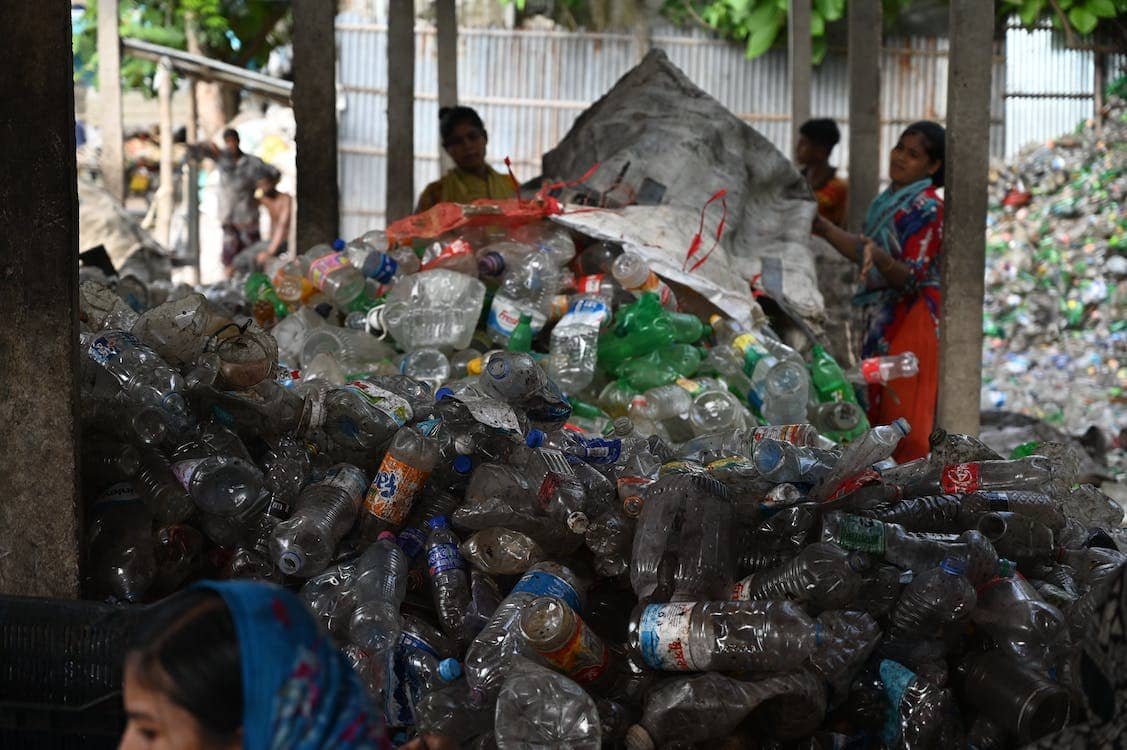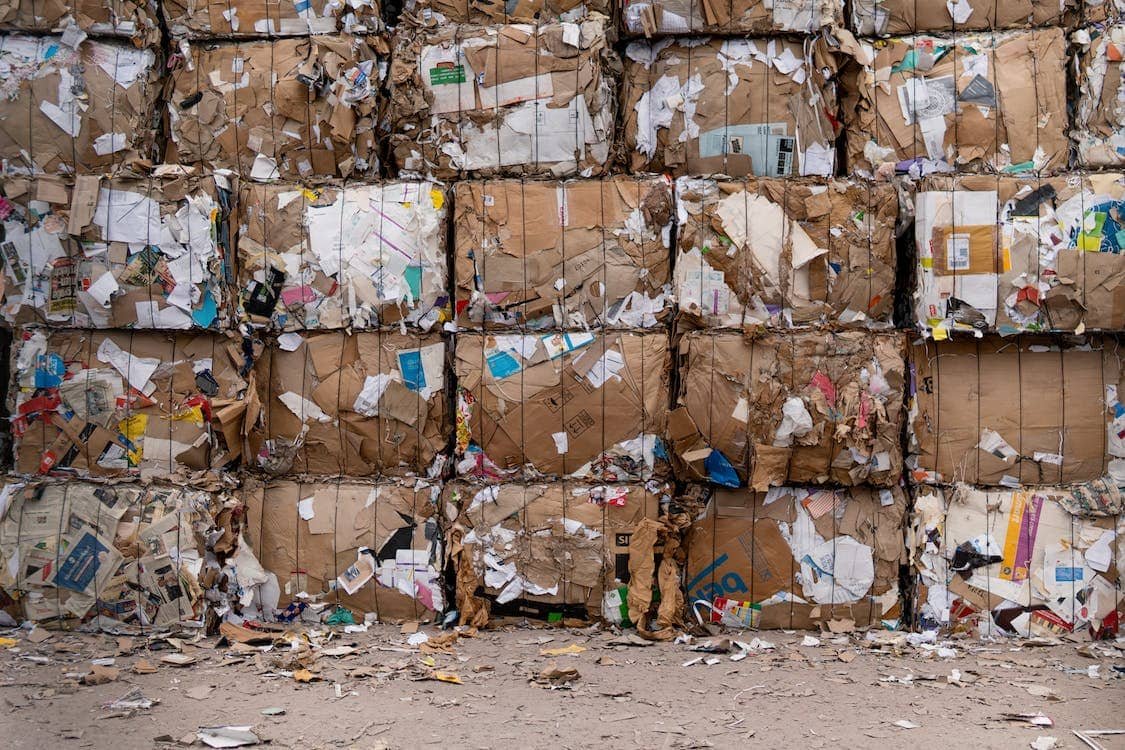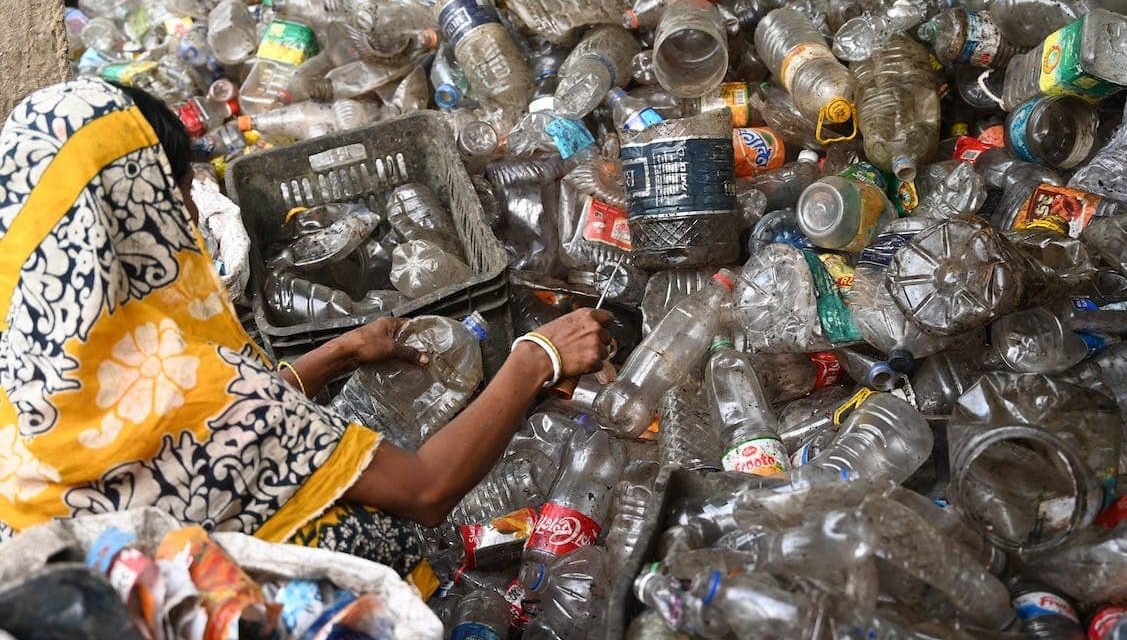Government representatives from around the world are gathering this week to discuss a global plastics treaty.
The discussions have brought forth a debate between those who want to limit plastic production and the petrochemical industry, which is advocating for recycling as the solution to plastic waste.
The United Nations Environment Programme (UNEP), which is hosting the global plastic treaty talks, recently released a report for reducing plastic waste by 80% by 2040.
The report recommends three key areas of action: reuse, recycling, and reorientation of plastic packaging to alternative materials.
While the report has been praised by some, environmental groups have criticized it for focusing too much on waste management, which they see as a concession to the plastics and petrochemicals industry.
Public health has emerged as a top priority for many countries, with the UNEP report identifying over 13,000 chemicals associated with plastic production, more than 3,000 of which are considered hazardous.

Consequently, dozens of countries are prioritizing limiting plastics production and waste to protect public health.
A 55-nation coalition is advocating for a strong treaty that includes restrictions on hazardous chemicals and bans on problematic plastics that are hard to recycle and often end up in nature.
Jeanne d’Arc Mujawamariya, Rwanda’s Environment Minister and co-chair of the High Ambition Coalition to End Plastic Pollution, emphasized the responsibility to protect human health and the environment from the most harmful polymers and chemicals of concern through the treaty.
On the other hand, the petrochemical industry has formed a new group called Global Partners for Plastics Circularity, which is putting mechanical and chemical recycling at the center of its position.
The industry argues that recycling can address the plastic waste problem without limiting plastic production.

meanwhile, Greenpeace has issued a report collecting findings from scientific research papers that suggest plastic recycling processes can release many of these hazardous chemicals, including benzene, into the environment.
This highlights the need for a comprehensive approach that addresses both plastic production and waste management.
Despite the United States not being a coalition member, it shares the group’s ambition but prefers an approach where countries develop their national action plans, similar to the Paris climate agreement.
The US, in partnership with UNEP, plans to announce a grant this week to help developing countries take immediate action on plastic pollution.
The global plastic treaty talks are complex and involve a wide range of stakeholders with different interests and priorities.
While recycling is an important aspect of reducing plastic waste, it is clear that a comprehensive approach is required to address plastic production, waste management, and the protection of public health and the environment.










